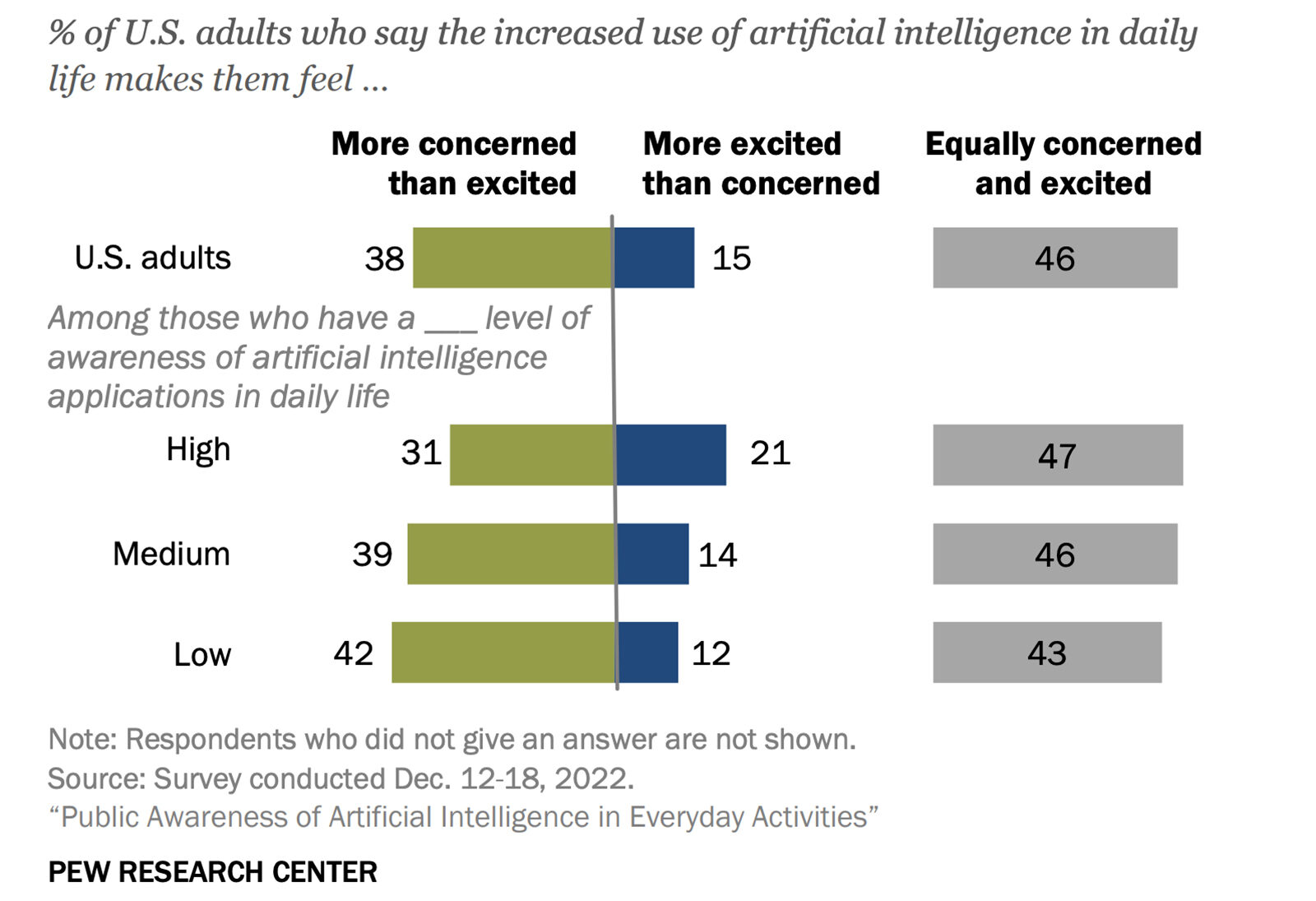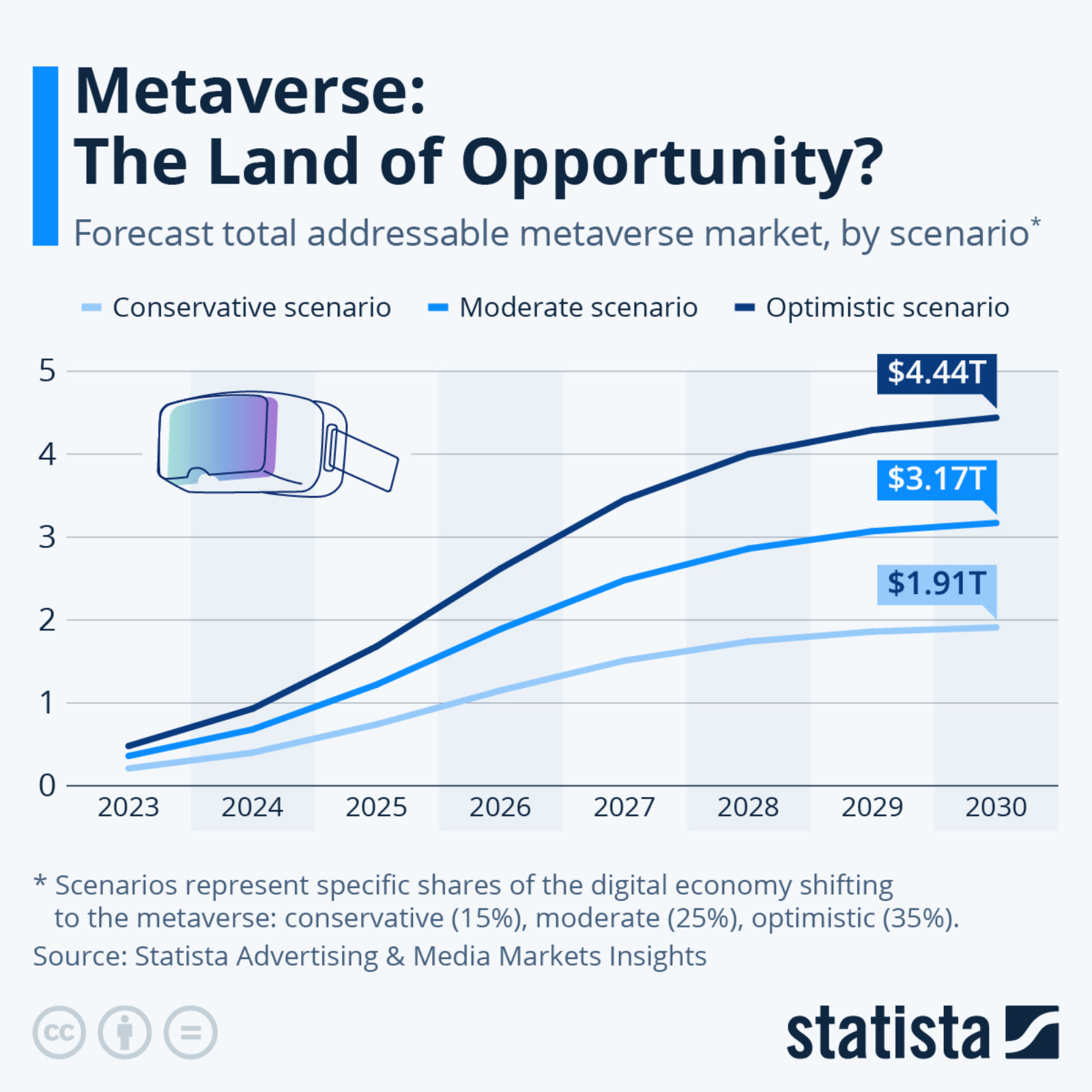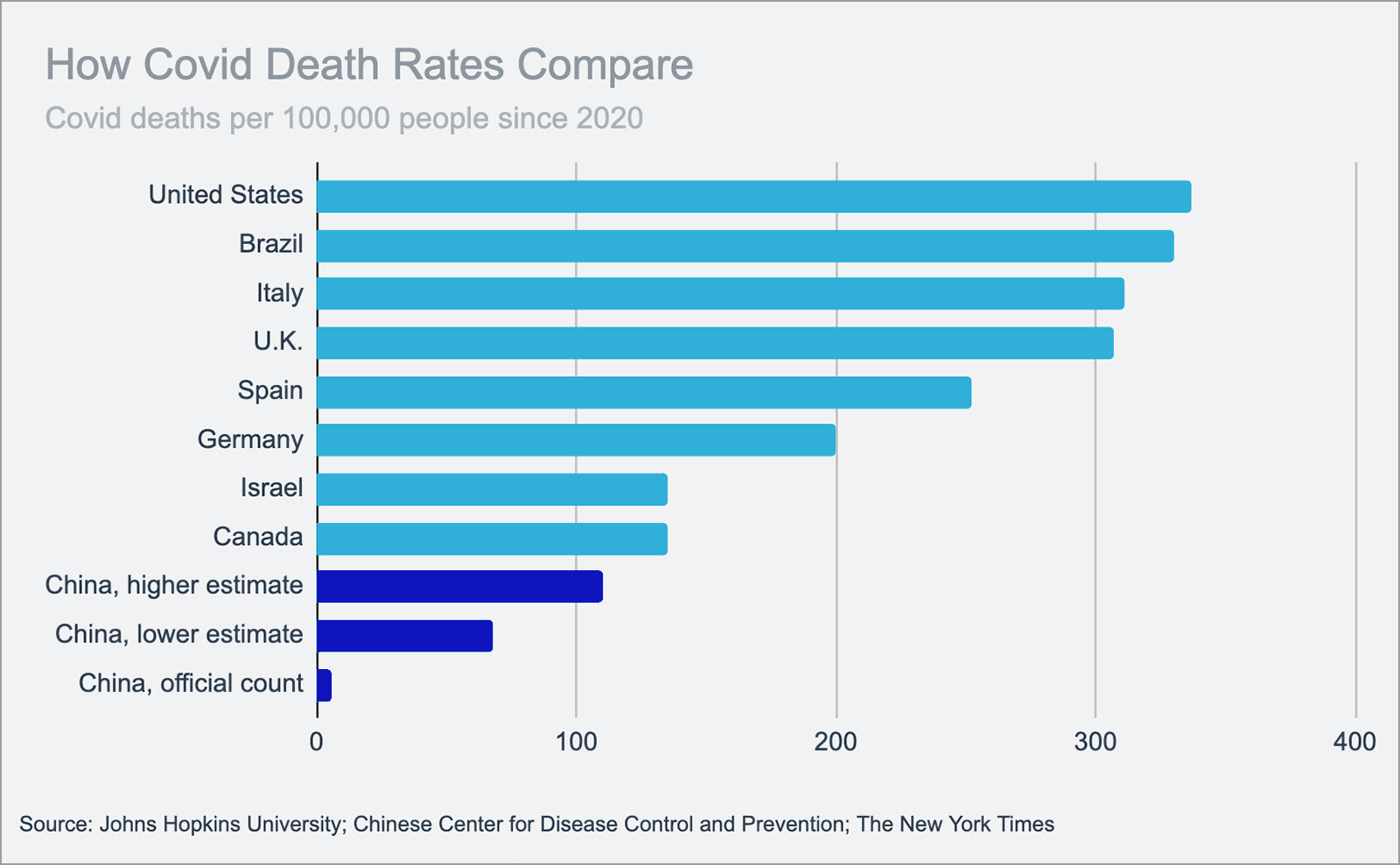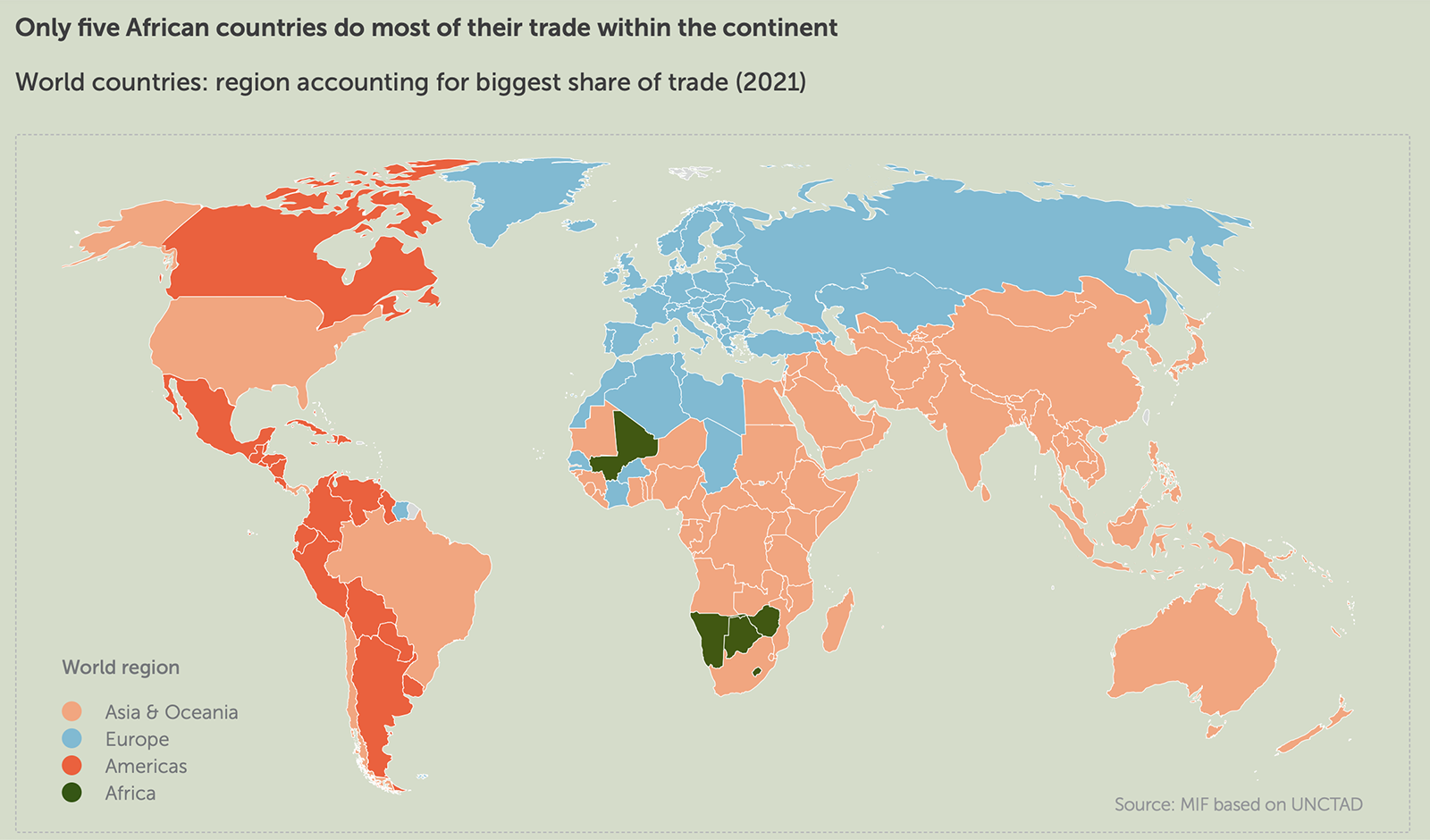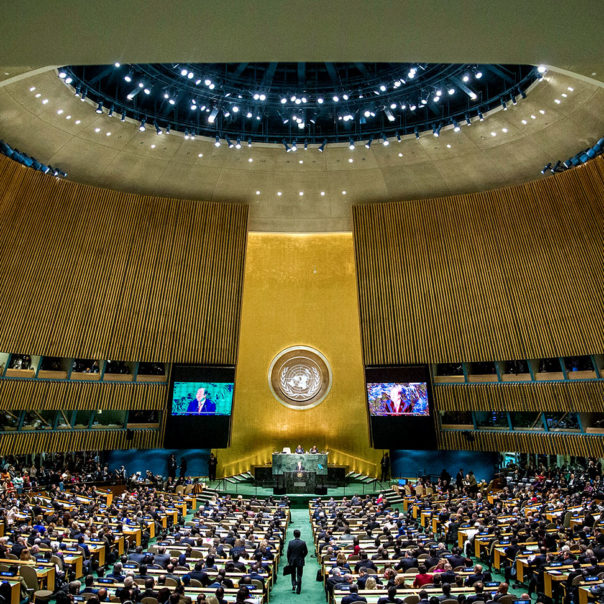
What Can Data Tell Us About Voting Patterns in the UNGA?
On September 17, the 74th session of the United Nations General Assembly opened in New York. We asked Alisa DiCaprio, a BRINK contributor and the co-author of a research paper on the impacts of trade policy on UNGA voting, what to expect:
“Officially, the UNGA cannot impact trade. That is outside of its mandate. However the reality, according to my research, is that trade impacts countries’ voting decisions in the UNGA: Countries that are linked together by free trade agreements vote together more frequently.
This has interesting policy implications. In an unsettled global trade environment, we might expect that where FTAs are being renegotiated, countries are less likely to cooperate. Traditionally, my co-author and I wrote, ‘the benefits of trade agreements are measured using economic indicators. However, if another benefit is that your neighbors vote more like you, this may be attractive both to benign regimes … and also to malicious regimes that may seek cooperation to destabilize other parts of the region or world.’”


